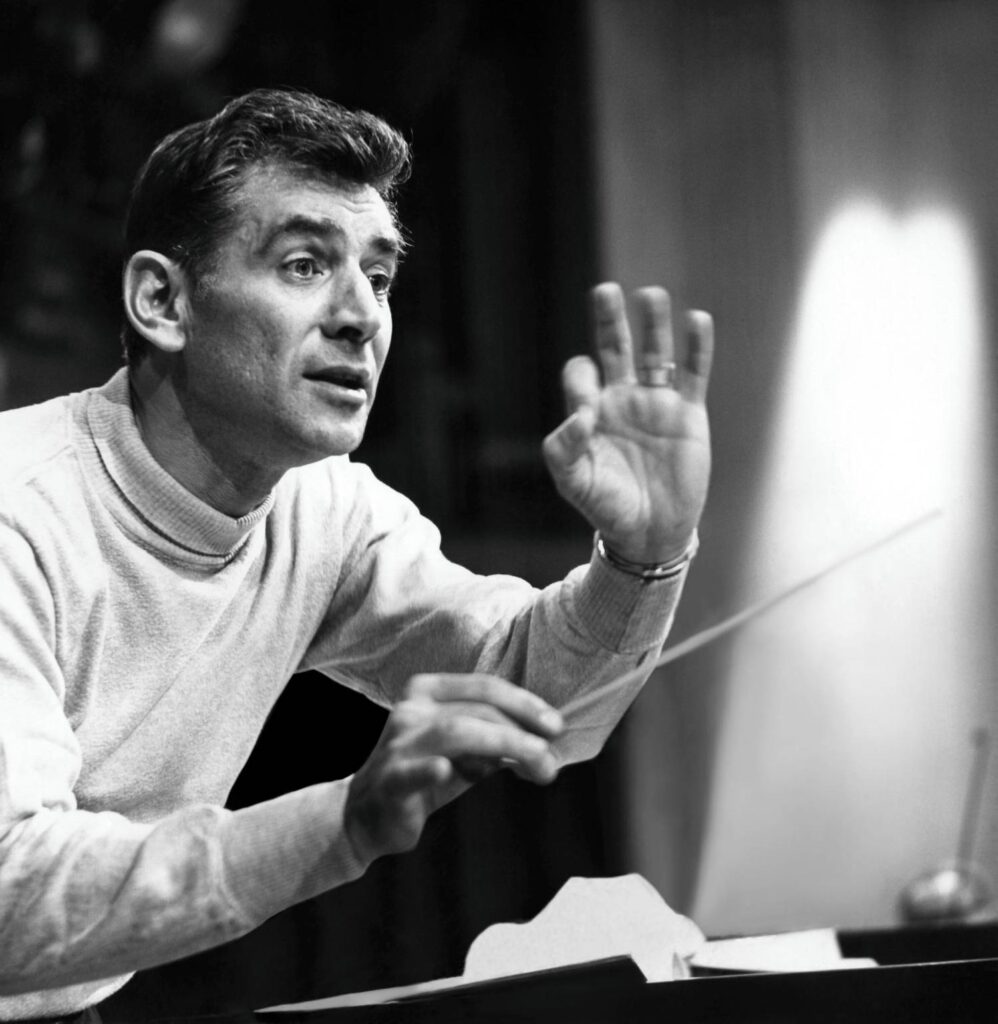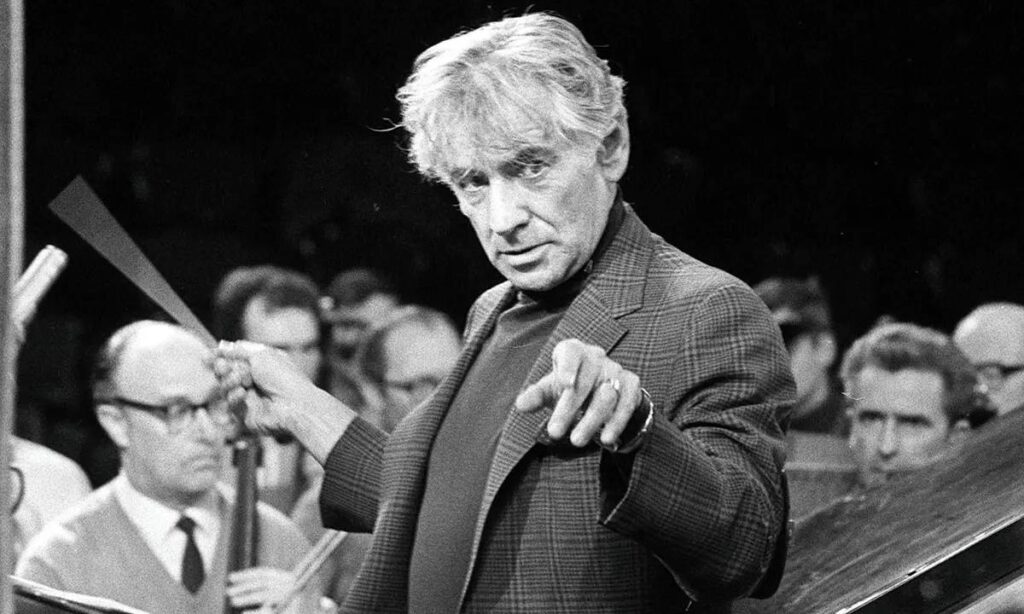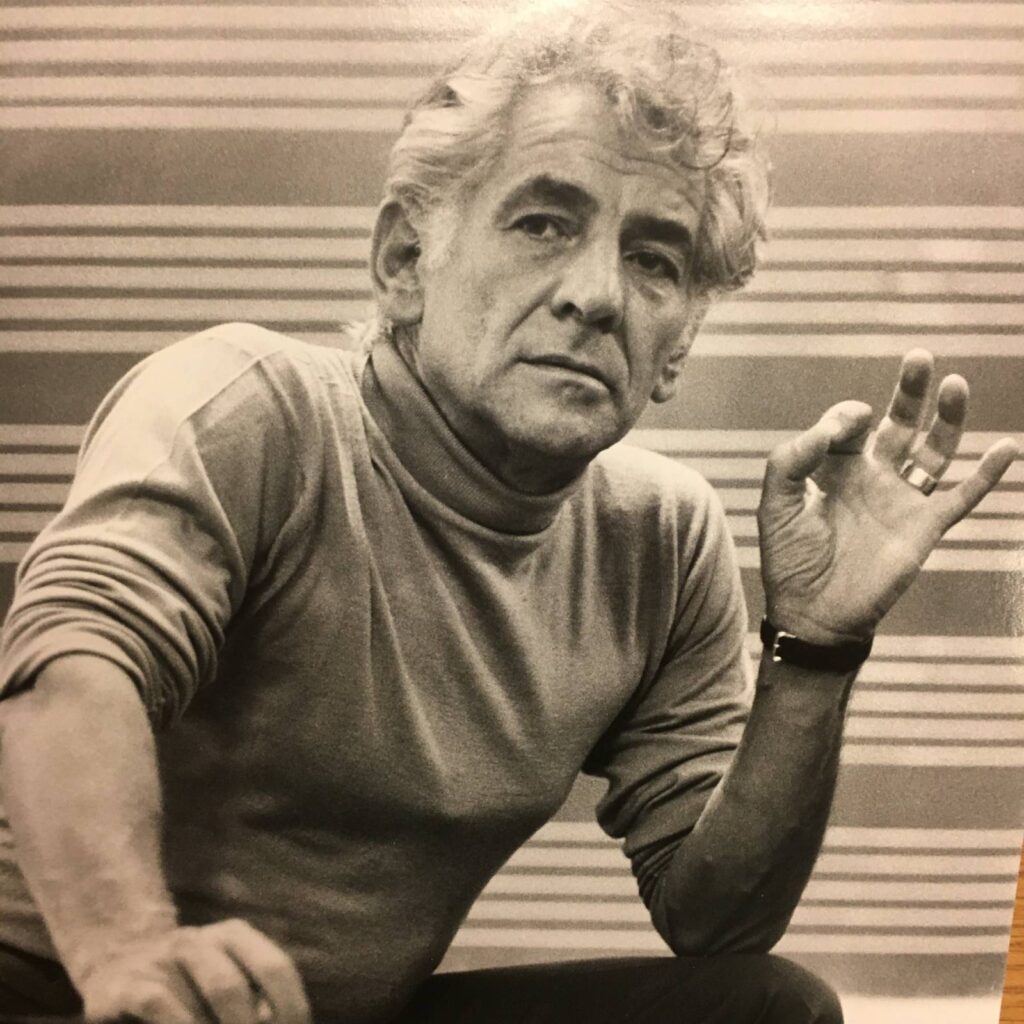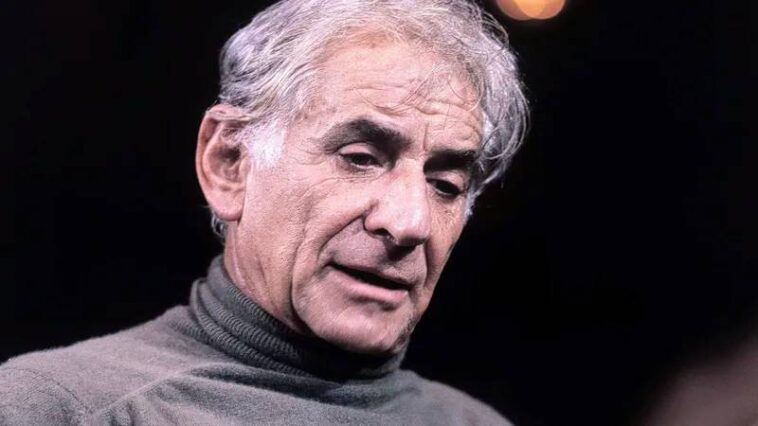Leonard Bernstein, a titan of American music, left an indelible mark on the world with his passionate compositions and charismatic conducting. Yet, as his final notes faded, questions lingered about the maestro’s last days. This exploration delves into the enigma of Bernstein’s demise, unraveling the mystery that shrouded the end of an era in classical music.
| Aspect | Detail |
|---|---|
| Full Name | Leonard Bernstein |
| Date of Birth | August 25, 1918 |
| Date of Death | October 14, 1990 |
| Cause of Death | Heart Attack, Complicated by Emphysema and Pleural Tumor |
| Age at Death | 72 |
| Notable Works | West Side Story, Candide |
| Legacy | Conductor, Composer, Educator, Humanitarian |
Table of Contents

A Symphony of Success and Struggle
Early Brilliance and Personal Battles
Born into a Russian Jewish immigrant family, Bernstein’s meteoric rise began with his spellbinding debut conducting the New York Philharmonic. His genius wasn’t confined to the podium; it flourished in compositions like West Side Story and Candide. However, beneath the surface of success, Bernstein grappled with personal challenges, including his sexuality and health issues exacerbated by smoking.
The Crescendo of a Career
Bernstein’s career crescendoed as he broke barriers and championed social causes. His music became a voice for civil rights and anti-war sentiments, resonating with a generation seeking change. Yet, this relentless pursuit of artistic and social ideals took a toll on his health.

The Final Movement: Bernstein’s Health Decline
The Impact of Lifestyle Choices
Bernstein’s lifelong smoking habit led to multiple health issues, including emphysema and frequent bouts of bronchitis. Despite these challenges, he continued to smoke, a decision that would significantly impact his final years.
The Last Days: A Battle with Illness
In his last days, Bernstein’s health rapidly deteriorated. The maestro, known for his boundless energy, faced a relentless opponent in his failing lungs. His final public appearance, a mere five days before his death, was a testament to his enduring spirit, even as his body succumbed to illness.
Also read: Jake Gyllenhaal vs. Bradley Cooper: The Battle for Bernstein’s Biopic!
The Curtain Falls: Bernstein’s Death
On October 14, 1990, Leonard Bernstein passed away in his New York apartment at The Dakota. The official cause of death was a heart attack, compounded by progressive emphysema and a pleural tumor. His passing marked the end of an era, leaving the music world in mourning.

Echoes of a Legacy: Remembering Bernstein
The Maestro’s Influence
Bernstein’s influence extended beyond the concert hall. He was a cultural icon, a teacher who brought classical music to the masses, and a humanitarian whose voice echoed in the corridors of power. His legacy continues to inspire musicians and music lovers alike.
The Enduring Power of His Music
Bernstein’s compositions, from the vibrant streets of West Side Story to the philosophical depths of Candide, remain vital parts of the musical canon. His works continue to be performed worldwide, a testament to their timeless appeal.
FAQs: Understanding Bernstein’s Death
What caused Leonard Bernstein’s death?
Bernstein died of a heart attack, exacerbated by long-term lung problems and a pleural tumor.
Did smoking contribute to Bernstein’s death?
Yes, Bernstein’s smoking habit significantly impacted his health, leading to emphysema and other respiratory issues.
How old was Bernstein when he died?
Bernstein was 72 years old at the time of his death.
What was Bernstein’s last public appearance?
His last public appearance was five days before his death, where he announced his retirement from conducting.
Is Bernstein’s music still performed today?
Absolutely. Bernstein’s compositions remain staples in concert halls around the world.
What is Bernstein’s legacy in the music world?
Bernstein is remembered as a groundbreaking conductor, composer, educator, and humanitarian. His works and teachings continue to influence the music world.

